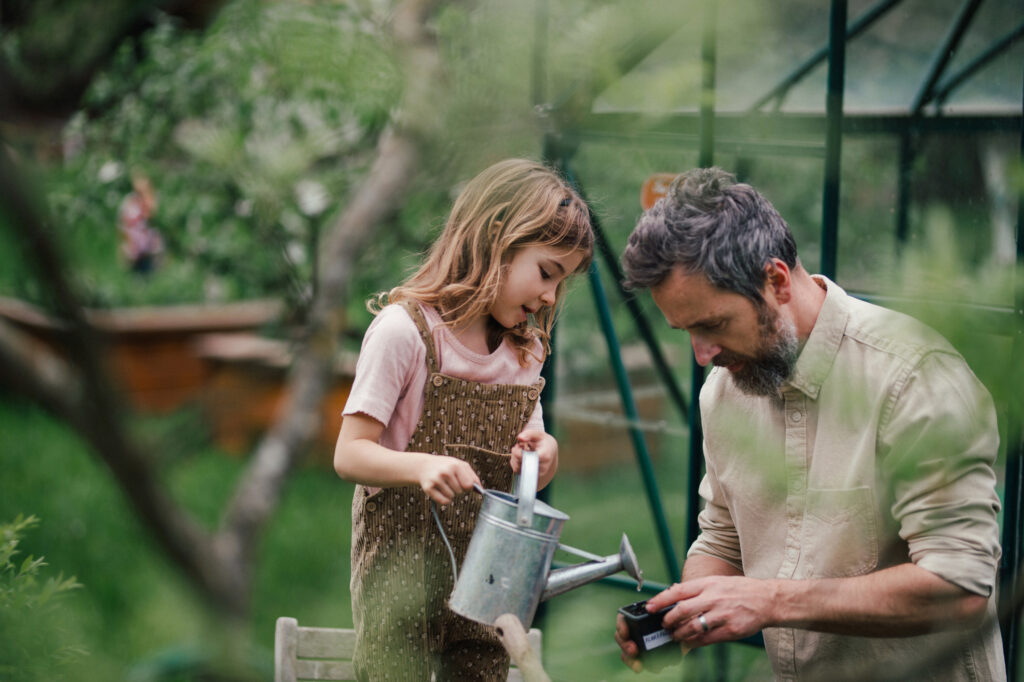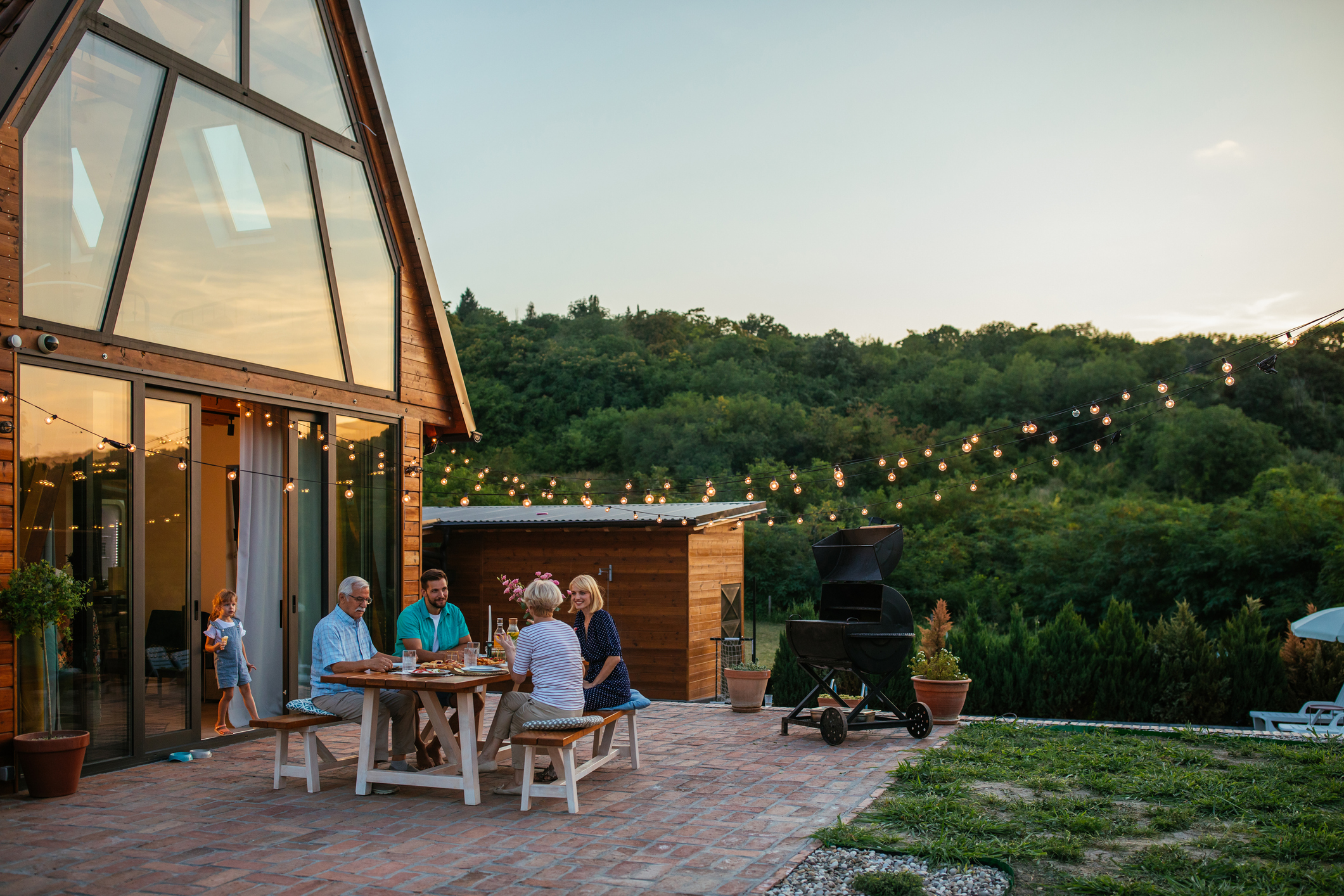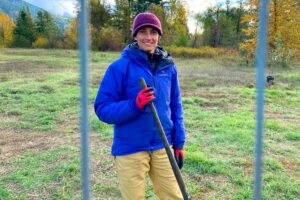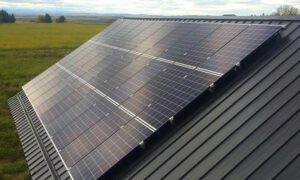For individuals and families seeking a beautiful home in the countryside, a modern farm estate can offer something more: The ability to live well—while creating an enduring legacy.
What differentiates this type of farm estate from other properties is that it is designed as a thriving ecosystem, producing nutrient-dense food, generating clean energy, storing rainwater, and regenerating the land. This creates a cycle of abundance whereby natural resources are nurtured and extracted within limits, supporting the conditions for long-lasting productivity.
In a world of market instability, climate uncertainty, and supply chain fragility, owning a well-designed farm estate is both a luxury and a strategic move. What’s more, celebrities and other high-net-worth individuals are leading the charge.
What Is a Farm Estate?
A farm estate typically combines the elegance of a country home with productive agricultural land.
Farm estates can be tailored to suit the owner’s goals, whether that’s homesteading for personal consumption or producing specialty products for the market. Specifically, homesteaders may focus on permaculture gardens, food forests, a passive solar greenhouse, and select livestock—while commercial enterprises may develop boutique vineyards, organic farm operations, and more.
A Resilient, Self-Sufficient Farm Estate
A well-planned farm estate comprises integrated food, water, and energy systems designed to provide for your needs in times of abundance and uncertainty alike.
This can include:
Food Security: Organic vegetable gardens, food forests, orchards, greenhouses, and managed livestock. A root cellar can be used for preservation, thereby extending your food’s shelf life. Combining these solutions can supply nutritious food year-round. Learn more about the connection between healthy soil and healthy food here
Energy Independence: Solar power, climate batteries, and other renewable energy solutions reduce reliance on central grids—especially when they’re integrated
Water Security: Rainwater harvesting, greywater systems, swales, ponds, irrigation, and other regenerative water solutions ensure a reliable supply, even in drought. These systems can also be used to manage flood risk by diverting water, as well as managing wildfire risk by locking moisture into the soil. Discover your area’s rainwater harvesting potential here
On-Site Processing: From cold storage to milling grain, processing food at the source keeps you in control
Wildlife Habitat: Corridors and native plantings encourage biodiversity. For example, certain plants support pollinator populations, which contributes to food production and security
By producing food, energy, and water on-site, a farm estate functions as autonomously as possible, while buffering against external shocks.
The Power of Regenerative Agriculture
Regenerative agriculture is not only good for the planet—it’s good for the long-term productivity of your farm estate. While conventional farming often depletes soil and relies on heavy inputs, regenerative practices focus on restoring soil health, enhancing biodiversity, and improving water cycles.
Key methods include:
Rotational Grazing: Moving livestock across pastures to mimic natural grazing patterns, which improves soil fertility
Cover Cropping: Planting crops that protect and enrich the soil between harvests
Agroforestry: Integrating trees into farming systems for shade, wind protection, and additional yields
Minimal Tillage: Preserving soil structure and reducing erosion
The result? Healthier land that produces more with fewer inputs—suporting a lasting legacy.
Other Benefits of Owning a Farm Estate

While resilience, self-sufficiency, and ecological health are powerful motivators, farm estates offer additional advantages:
Wealth Preservation: Productive land is a tangible asset that can hedge against inflation
Lifestyle Upgrade: Fresh air, open spaces, and the satisfaction of producing your own food contribute to mental and physical well-being
Family Legacy: A farm estate can be passed down through generations, serving as both a home and a shared heritage
Income Opportunities: Specialty crops, agritourism, farm-to-table events, and eco-retreats can diversity your business, creating new revenue streams
Environmental Impact Beyond Your Property: Restoring ecosystems benefits wildlife, pollinators, and the wider community
A Farm Estate is an Investment in Legacy
Owning a farm estate is more than acquiring land—it’s about cultivating a way of life that is both pleasant and enduring. In a time when resilience is becoming a luxury, a well-designed, regenerative farm estate stands as one of the most rewarding investments you can make in you and your family’s future.





